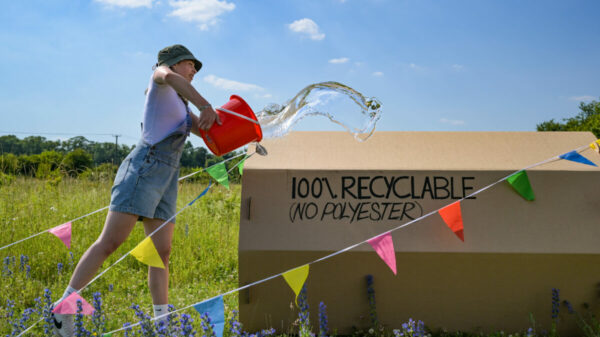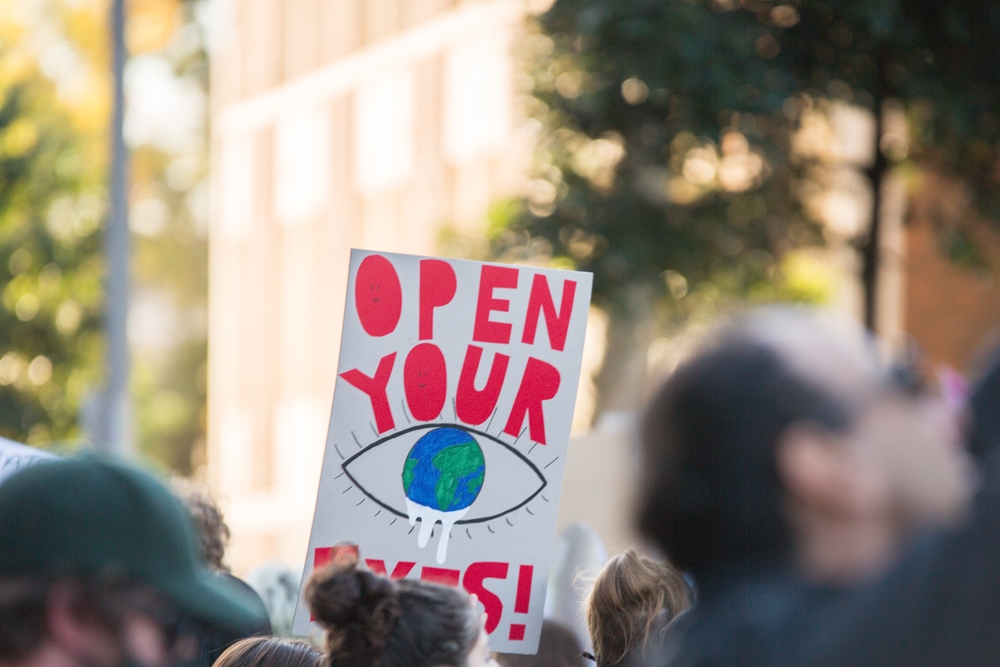Nearly one million tonnes of plastic packaging waste could be avoided by 2029 through the standardisation of materials, according to waste management company Biffa.
Biffa’s Journey to Circularity report outlines interventions at all points in the plastic packaging supply chain, with timescales, to lessen waste and improve the environment.
The waste expert says the biggest opportunity for intervention in the plastic packaging waste stream comes by standardising materials: it says up to 0.8 million tonnes of material can be effectively recycled, rather than wasted.
Biffa has already been part of a big change made in standardisation, advocating as part of a wider group of sustainable organisations for the standardisation of milk bottle caps.
Historically, caps were coloured based on the milk a bottle contained (e.g. green for semi-skimmed) but have since been replaced with a clear alternative.
Subscribe to Sustainability Beat for free
Sign up here to get the latest sustainability news sent straight to your inbox everyday
Furthermore, colour contamination in the HDPE (high-density polyethylene) material waste stream is reduced and – ultimately – bottles and caps can be recycled together to become new, food-grade plastic products in a circular economy.
Biffa said some onus regarding the interventions lies on the Government too, to implement extensions of existing legislation.
The Plastic Packaging Tax (PPT) alone – a live scheme that over half (54%) of UK businesses recently told Biffa would impact them and ranked as the most important in a Censuswide survey commissioned by the brand* – could lead to a further increase in the recycled content of plastic packaging by up to 0.3 million tonnes, Biffa said.
Biffa head of partnerships Carla Brian, said: “Requirements for new infrastructure are necessary but hinge on when, and to what extent, changes in the supply chain are made. Efforts to make plastic packaging more circular could simplify (with standardisation, for example) or lessen the burden on existing waste management infrastructure.
“Upcoming legislation – including Simpler Recycling – will be a starting point for circular activity; expansions of (and new) legislation will further circular growth. Some policies have overlapping goals, too. If implemented correctly, for example, the Deposit Return Scheme will achieve similar goals to Extended Producer Responsibility.
“The value of circularity is not fully recognised, so education is needed for businesses and consumers. Programmes highlighting environmental, financial and societal benefits of circularity could lead to behavioural change, while reactionary businesses will make change more rapidly with consumer desire for circular products and services.
“Investment in areas outside of infrastructure (though the two are closely linked). For example, in research, development and demonstration will help identify and test circular best practice. Such investments will assist in the transition to more circular ways of working.”
Earlier this month, it was revealed Biffa has started legal action against the Scottish government over a £200m financial loss it says it incurred over the delayed bottle deposit return scheme (DRS).










